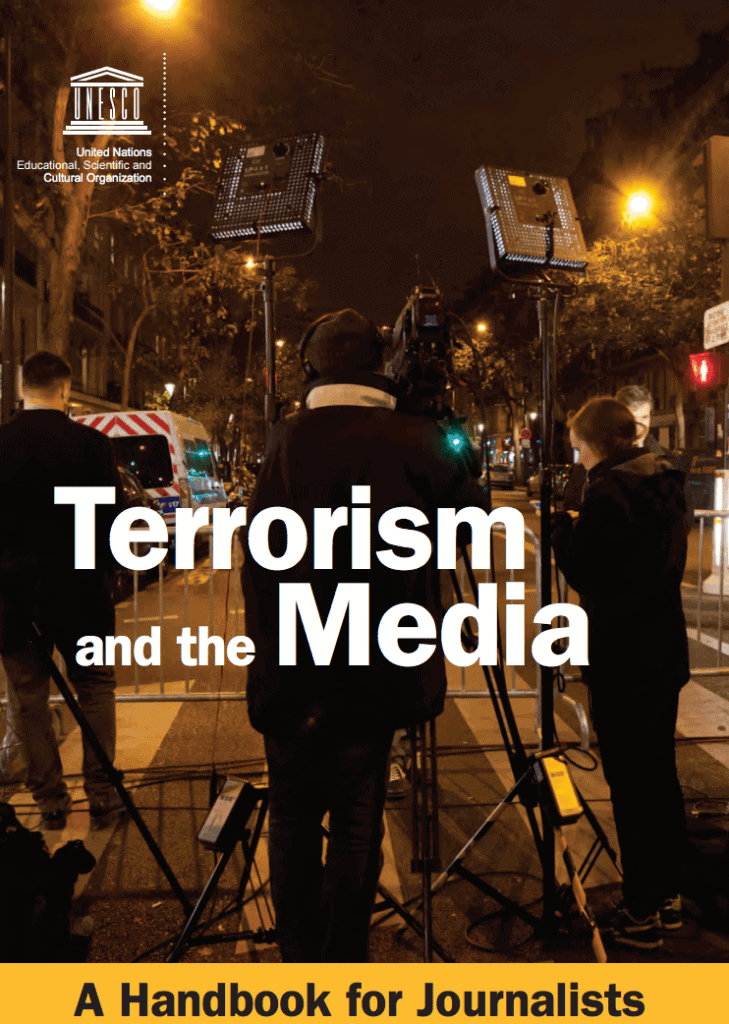Reporting Terrorism: When Media Inhumanity Makes the Ordeal Worse
Aidan White
If the future of journalism depends on building public trust, the grim reading of an inquiry into the 2017 Manchester terrorism attack at a pop concert indicates that news media have a mountain to climb.
An independent review into the preparedness for, and emergency response to, the Manchester Arena attack on 22 May 2017 did not focus on the work of journalists, but it contained some home truths for editors and reporters.
Britain’s journalism trade newspaper highlights how the report finds that most of the families linked to the 22 men, women and children who died in the bombing emerged with a “negative experience” of media coverage.
Among the shocking examples cited by UK Press Gazette are:
- A child given condolences on the doorstep by a reporter before official notification of the death of her mother;
- A family’s daughter visited by a reporter on the morning after the attack and given condolences on the death of her brother. The family were not warned that their son was likely to be among the fatalities;
- Families at the scene having to run to their cars with coats over their heads to escape media crews;
- Journalists taking photos of families being given news of bereavement through the glass windows;
- At least two cases of media impersonation, including someone claiming to be a bereavement nurse.
The report by Lord Bob Kerslake report was commissioned in September 2017 by Greater Manchester’s mayor, Andy Burnham who had been contacted by firefighters who had been ordered by their superiors to move away from the arena rather than towards it. It contains a highly-critical review of the emergency services with a number of recommendations for change, all of which has been extensively reported in the British media.
Less coverage has been given to the report’s strident criticism of how some media behaved in their coverage. There is, of course, praise where it is due, and particularly to the Manchester Evening News, the local newspaper for the care in its reporting.
But the intrusive, insensitive and sometimes bullying behaviour of some journalists and camera staff have provoked a call for the major press regulator in Britain, the Independent Press Standards Organisation (IPSO), to prepare guidelines to deal with media intrusion in the wake of terror attacks.
Leading media such as the BBC and major news agencies already have extensive guidelines for their reporters, but in an age of feverish competition made even more frantic by social networks and the instant reporting of major incidents by mobile-phone wielding bystanders, journalists may abandon their responsibilities, and sometimes their self-respect, in the rush to publish.

These problems have been further highlighted recently by Ethical Journalism Network adviser Jean-Paul Marthoz in his extensive handbook Terrorism and the Media published by UNESCO.
This handbook gives sound advice for journalists and contains a detailed section on ground rules that journalists and editors should follow if they are to tell the terrorism story with humanity and respect.
The publication Terrorism and the Media can be viewed online at the following links:
More from the EJN: